Google Assistant is intended to provide its users with easy access to information available on the internet and/or control over other internet-connected devices using their voice. To use this feature, Google Assistant enabled devices listen for users to speak the command words, “Hey Google” or “Okay Google.” Once the device hears those words, it records what you say and sends that recording to Google to answer your question or fulfill your request. However, Google Assistant is alleged to have been recording any conversations the device can pick up if anything remotely similar to the command words is uttered and sending the recording back to Google for analysis without the users’ knowledge. If you have used Google Assistant with a device such as a Pixel phone, Google Hub, Nest, or Chromecast TV, you may be entitled to up to $5,000 in compensation.
- Closed to New Clients
- Data Privacy
- June 15, 2023
Is Google listening to your private conversations?
You may be entitled to up to $5,000.
- You can qualify for this claim if you used Google Assistant through a Google device that was purchased through the Google Store.
- Google Device users concerned about whether Google is recording and listening to their private conversations should sign up.
- All claims are backed by Labaton Keller Sucharow, a national law firm that has recouped over $30 Billion for people like you.

In 2019, VRT NWS, a Belgian news media outlet, reported that “thousands of [Google] employees” are systematically listening to audio files recorded by Google Home smart speakers and the Google Assistant smartphone app from devices around world, including audio that does not contain a hot word, i.e., “Hey Google” or “Okay Google.” According to VRT NWS, when a person interacts with Google Assistant’s speech recognition feature, the software automatically generates a script of the conversation which is then stored along with the audio recording. Google employees and subcontractors are then tasked with analyzing whether Google Assistant has accurately interpreted the individual’s speech. VRT NWS reported that they have 3 sources confirming that this is the way Google Assistant works, and that VRT NWS was given access to “more than a thousand” audio recordings and identified 153 conversations “that should never have been recorded and during which the command ‘Okay Google’ was clearly not given.” According to VRT NWS these recordings included bedroom conversations, conversations between parents and their children as well as professional phone calls containing lots of private information.
Labaton is pursuing private arbitration claims against Google on behalf of its Google Assistant users whose private conversations were recorded and sent back to Google for analysis without their consent as required by law. Successful claims could be entitled to compensation of up to $5,000.
Please remember:
This content is for your information only and is not legal advice. We are not your lawyers until you sign an attorney-client agreement with us. All information provided by you is confidential and will only be used for your case.
Frequently asked questions
- General FAQ

